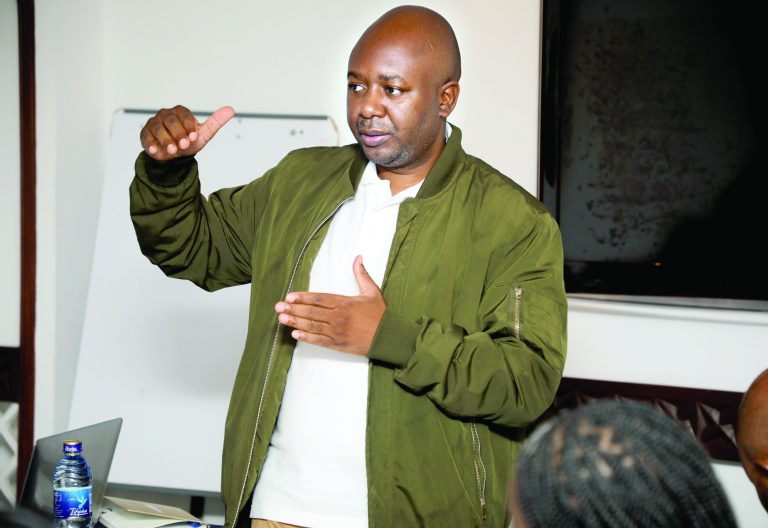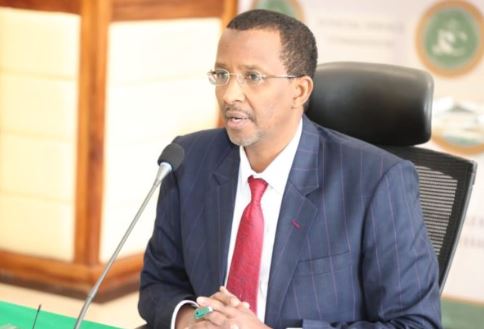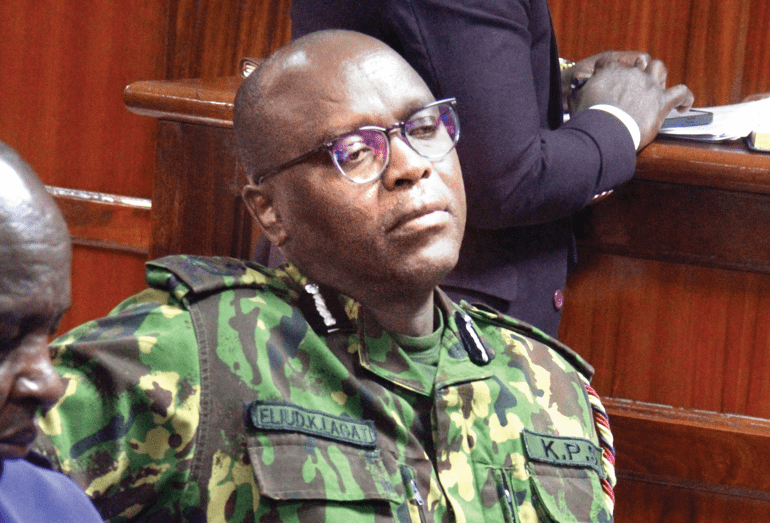Elders, Chiefs provide solace from the law for child abusers

Justice for defiled minors is at stake as its pursuit falls in the hands of illegal community structures, which are at best kangaroo courts.
However, what’s baffling is the admission by a government official that the authorities’ hands are tied in apprehending perpetrators due to the influence of community elders and the local administration.
The admission confirms a growing helplessness in protecting minors, a sad situation ascertained by this publication after an effort to follow up on a defilement case in Kwale.
A recent engagement with a senior Ministry of Health official, in a key department mandated with management of adolescent health, revealed a sorry state of affairs.
The official who chose to have their name withheld due to the sensitivity of the matter, in a low almost apologetic tone, revealed how prevalent archaic cultural practices are in these delicate matters, to the extent that applying the law becomes complex. Instead of pursuing criminal justice, the relatives of both parties, with the help of the local administration, resort to ‘solving’ the matter at home.
“That case became complicated and the local administration intervened and requested that the matter be ‘arbitrated’ jointly by the community leaders and the families involved,” the official told People Daily in a case that seems to have bent the law.
Entrenched lawbreaking
The idea of arbitration in a criminal matter, let alone one involving the rights of a child, is downright illegal. It is, to put it mildly, abetting a crime.
So deep-rooted are these criminal abuses that efforts by Kwale Governor Fatuma Achani, a person of influence and career fighter for the rights of adolescent girls, to have perpetrators arraigned, hit a wall.
While accusing security agencies of being reluctant in handling defilement cases, in November last year the governor noted that many defilement cases are poorly handled and result in perpetrators going unpunished.
“I have several cases, including one involving a four-year-old who was defiled, yet the police are taking the victim’s family in circles,” the country boss revealed, noting that in many cases, victims fail to get justice because crucial evidence is lost.
The official who spoke to People Daily made a reference to the soaring cases of defilement reported last year in parts of Kwale County, including the heinous act of the four-year-old.
Tatenda Songore, the executive director for Youth Advocates, a youth organisation based in Harare, Zimbabwe who was in Kenya last week for a series of sensitisation meetings with agencies under the Ministry of Health says perpetrators of defilement must not be left to walk scot-free.
“Allowing such grave violations of children’s rights to be settled informally by village elders is not only unlawful but also undermines the justice system and denies survivors the protection and services they are entitled to,” he said, referring to the Sexual Offences Act.
Songore challenged the authorities to follow the law and treat sexual violence against minors with the urgency, legality and sensitivity such cases deserve. He called on the health ministry alongside justice and child protection systems, to step up and ensure that survivors, especially children receive comprehensive medical care, psychosocial support, and legal redress.
“Community structures and elders do play a role in maintaining social cohesion, but they must never override the rule of law, particularly in matters involving crimes against children,” he asserted, prevailing upon the authorities to urgently strengthen accountability mechanisms at the local level.
Many adolescents, even those exposed to sexual violence, are unable to access timely post-rape care, emergency contraception, HIV prevention, and counselling services because the law requires parental or third-party consent.
In many cases, especially when abuse happens within the family, he noted that this requirement traps survivors in fear and silence.
Information access
According to Songore, to address this one of the solutions required is to facilitate adolescents access to Sexual Reproductive Health Rights (SRHR) services undeterred.
One such particular response is captured in the Step Up 4 Access, a new campaign across five countries namely Kenya, Uganda, Malawi, Zimbabwe, and Zambia. Funded by SRHR Fund by Hivos in partnership with the Ford Foundation and the Swedish International Development Cooperation Agency (SIDA), the campaign is meant to enable adolescents to access reproductive health services. The five countries, Songore noted, have alarming cases of teenage pregnancies and child marriages.
Barriers to accessing SRHR services for adolescents are also a major concern at the Department of Reproductive, Maternal, Newborn, Child and Adolescent Health (RMNCAH) at the ministry.
According to Dr Kisia Jacqueline, Director of Sexual Reproductive Health at the RMNCAH as much as the law does not allow adolescents to access SRHR services, the first thing the department is emphasising more is to delay sexual activity for the adolescents and giving them enough information to enable them to take charge of their health.
“What the law says is that if they need to access any reproductive health services, if you’re 18 and below, you have to have parental consent, but we are also stressing the need for helping these youngsters delay the sexual debut,” she explained during the media sensitisation.











